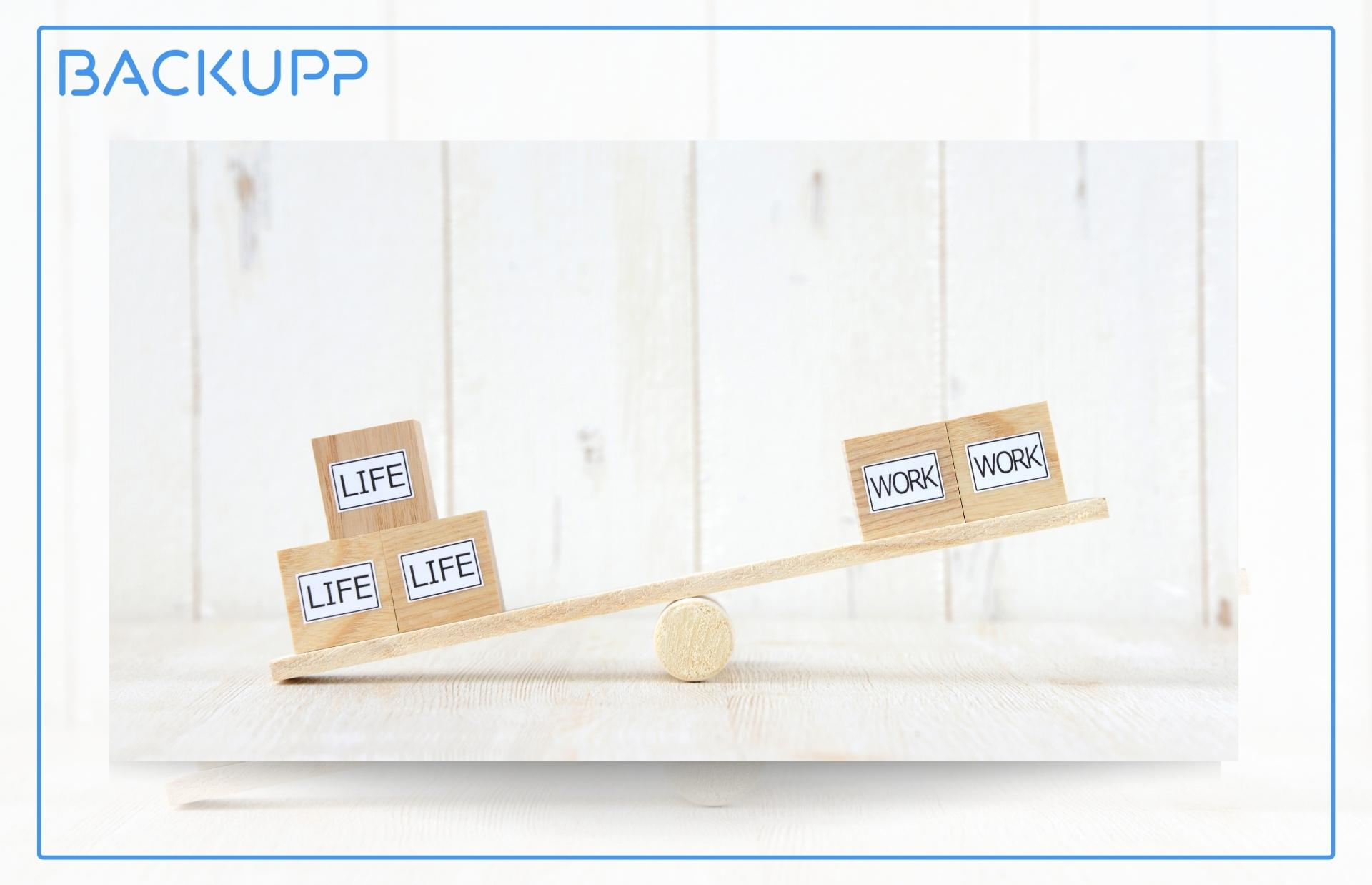
In today's fast-paced world, finding a balance between work and personal life has become increasingly challenging. Australians, like people worldwide, are striving to achieve a healthy work-life balance that allows them to excel in their careers while also enjoying quality time with family, pursuing hobbies, and taking care of their overall well-being. This article will provide practical tips and insights on how to create a work-life balance strategy that works specifically for individuals in Australia.
Understanding the Importance of Work-Life Balance
Maintaining ahealthy work-life balance is essential for physical and mental health. It enables people to avoid burnout, reduce stress, increase productivity, and cultivate meaningful relationships both at work and in their personal lives. Work-life balance is about achieving a lasting equilibrium that promotes overall happiness and fulfillment rather than equal time allocation.
Assessing Your Current Work-Life Balance
It is critical to assess your present position before developing a work-life balance strategy. Consider how you spend your time, how satisfied you are with your work and personal hobbies, and any areas that could be improved. This self-evaluation will assist you in identifying specific areas where you may make changes to reach a better balance.
Setting Clear Boundaries and Priorities
Establishing clear boundaries between work and personal life is essential. Define specific working hours and commit to honoring them. Communicate your boundaries to colleagues and supervisors, ensuring they understand your availability outside of work hours. Prioritize your tasks and focus on the most important ones, delegating or eliminating non-essential activities whenever possible.
Efficient Time Management
Time management is essential for attaining a work-life balance. Plan your days and weeks ahead of time, allowing for work, personal obligations, and relaxation. To improve attention and productivity, use productivity tactics such as the Pomodoro Technique or time blocking. Avoid multitasking by devoting uninterrupted time to specific tasks.
Practicing Self-Care and Well-being
Maintaining a healthy work-life balance requires self-care. Make time for activities that will refresh and revitalize you, such as exercise, meditation, hobbies, orquality time with family and friends. Make sleep a priority and provide ampletime for rest and relaxation. Remember that self-care is crucial for long-term success and enjoyment.
Flexibility and Negotiation in the Workplace
In Australia, many workplaces recognize the importance of work-life balance and offer flexible working arrangements. Explore options like flex time, compressed work weeks, or job sharing. If your workplace doesn't have predefined policies, initiate discussions with your supervisor or human resources department to explore possibilities for greater flexibility.
Strategies for Maintaining Work-Life Balance in Australia's Unique Context
Australia has its own unique lifestyle and cultural context. Embrace the outdoors and take advantage of the country's beautiful natural landscapes. Plan activities that align with Australia's relaxed and outdoor-oriented lifestyle, such as beach outings, barbecues, or exploring national parks. Incorporate these elements into your work-life balance strategy to enjoy the best of what Australia has tooffer.
Conclusion
Developing a work-life balance approach is an ongoing process that needs self-reflection, planning, and flexibility. Individuals in Australia can improve their work-life balance by applying the measures suggested in this article, resulting in higher contentment, enhanced well-being, and a more meaningful existence overall. Remember that finding a work-life balance is a process, not a destination.
FAQs (Frequently Asked Questions)
Q1: How long does it take to achieve a work-life balance?
Achieving a work-life balance is a personal journey that varies for each individual. It may take time to find the right strategies that work for you. Be patient and persistent in your efforts.
Q2: Is it possible to have a work-life balance in a demanding job?
Yes, it is possible to have a work-life balance even in a demanding job. It requires effective time management, clear boundaries, and open communication with your employer.
Q3: What if my workplace doesn't support work-life balance initiatives?
If your workplace doesn't have predefined policies or support work-life balance initiatives, initiate discussions with your supervisor or human resources department to explore possibilities for greater flexibility.
Q4: Can work-life balance vary depending on life stages?
Yes, work-life balance can vary depending on different life stages. Priorities and commitments change over time, and it's essential to reassess and adjust your work-life balance strategy accordingly.
Q5: Are there any legal rights protecting work-life balance in Australia?
In Australia, the Fair Work Act provides certain provisions for work-life balance, including flexible working arrangements and the right to request flexible work. Familiarize yourself with these rights and consult relevant employment resources for more information.